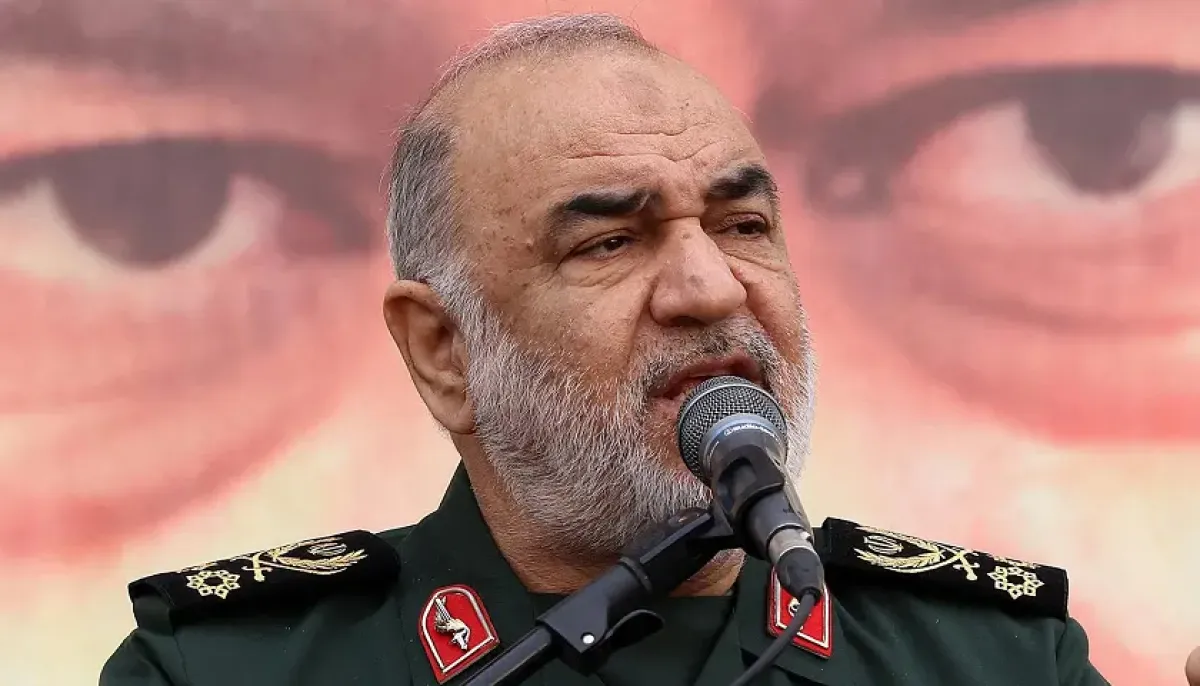 ইরানের ইসলামি রেভল্যুশনারি গার্ডের কমান্ডার ইন চিফ জেনারেল হোসেইন সালামি। ছবি : সংগৃহীত
ইরানের ইসলামি রেভল্যুশনারি গার্ডের কমান্ডার ইন চিফ জেনারেল হোসেইন সালামি। ছবি : সংগৃহীত
Iran’s Supreme Leader Ayatollah Ali Khamenei on Friday confirmed that several senior military figures and scientists were killed in Israeli airstrikes targeting Tehran.
Iran’s former national security chief Ali Shamkhani has been killed in Israel’s strikes on Iran, according to Iranian state media.
“The assassination of Ali Shamkhani was also confirmed,” Iranian state news network IRINN said on Friday.
Shamkhani was a key adviser to Iran’s Supreme Leader Ayatollah Khamenei and served as secretary of the nation’s National Security Council for almost a decade.
Shamkhani had been a rising star of Iranian diplomacy and well known in diplomatic circles in Washington and Europe. But he was abrupted replaced in mid 2023, with analysts suggesting at the time he may have been viewed as too ambitious by Khamenei.
In a statement broadcast on state television, Khamenei warned that Israel would face consequences for the attacks, saying it "will not go unpunished."
Iranian state TV reported that Major General Hossein Salami, head of the elite Islamic Revolutionary Guard Corps (IRGC), was among those killed. Also confirmed dead were Major General Gholam Ali Rashid, another top IRGC commander, and two prominent nuclear scientists.
"The martyrdom of Gen. Hossein Salami has been confirmed," a news anchor announced on air, without providing further details.
Fereydoun Abbasi-Davani and Mohammad Mehdi Tehranchi, two scientists linked to Iran’s nuclear program, were also killed in the attacks, according to state and local media reports. Additionally, Nournews reported that Rear Admiral Ali Shamkhani, a senior adviser to Khamenei, was critically injured.
Several children reportedly died in a separate strike on a residential area in Tehran.
Explosions were heard in various parts of the capital, including near the Natanz nuclear facility—central to Iran’s uranium enrichment program. Witnesses and media outlets confirmed blasts, while Israel announced a state of emergency in anticipation of Iranian retaliation.
In a recorded statement, Israeli Prime Minister Benjamin Netanyahu acknowledged that Israel was behind the operation, targeting Iranian scientists involved in nuclear weapons development, ballistic missile systems, and the Natanz facility. "This operation will continue for as long as necessary to eliminate this threat," Netanyahu said.
Calling the moment "decisive" in Israel’s history, Netanyahu said the campaign aimed to roll back Iran's military threat to Israel’s existence.
A senior Israeli military official stated that Israel was hitting “dozens” of nuclear and military targets, including Natanz, and warned that Iran had accumulated enough enriched material to produce up to 15 nuclear bombs within days.
Citing Israeli sources, Axios reported that Mossad had carried out several covert sabotage missions inside Iran targeting strategic missile sites and air defense infrastructure.
Meanwhile, Israel’s Ben Gurion Airport was shut down until further notice, and the country's air defense forces were placed on high alert in anticipation of missile and drone attacks.
“Following Israel’s preemptive strike, a retaliatory missile and UAV (drone) assault on Israeli territory and civilians is anticipated imminently,” Israeli Defense Minister Yoav Gallant said in a statement.
Source: UNB
